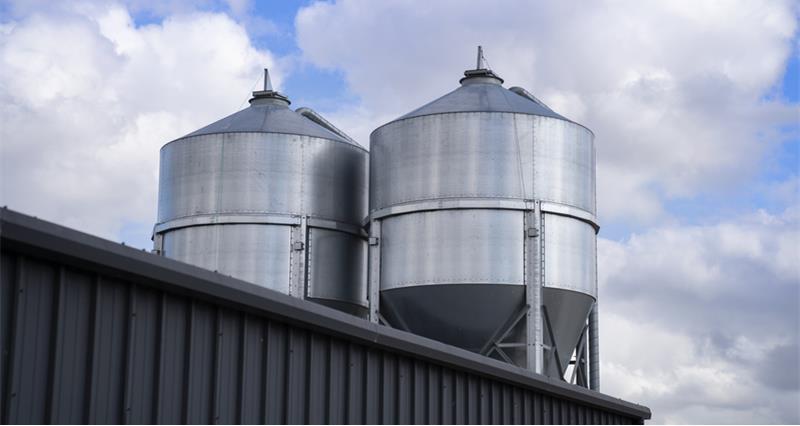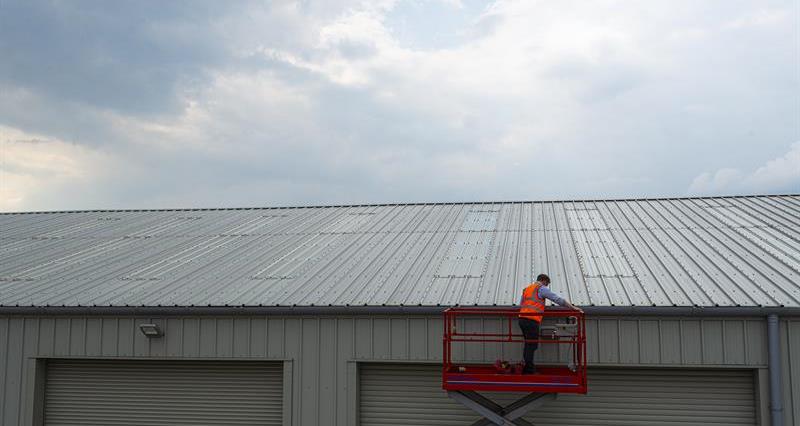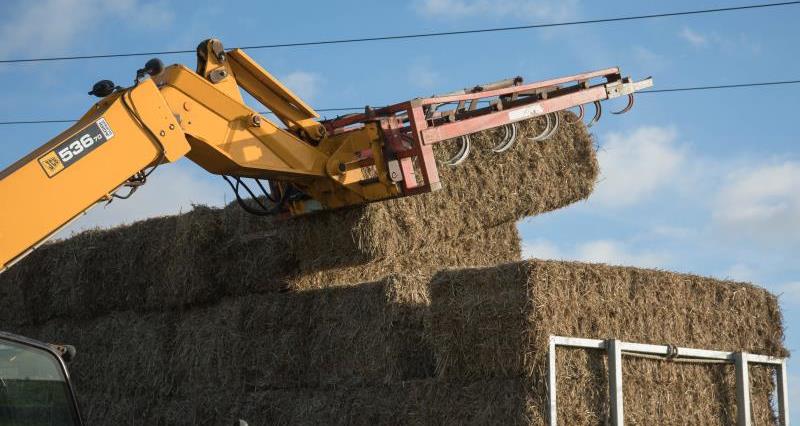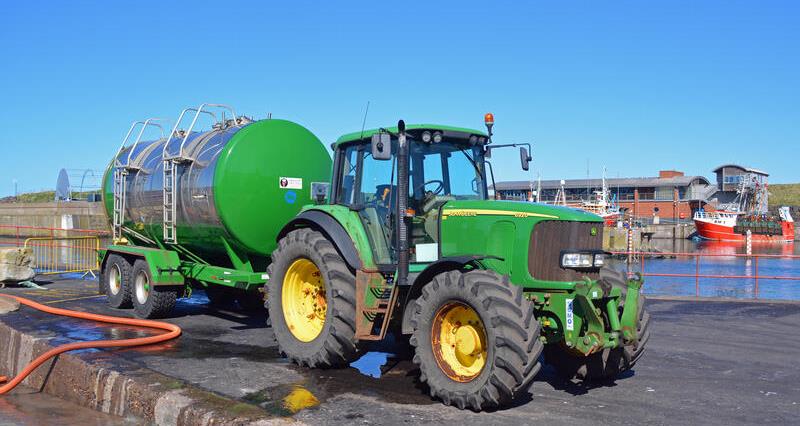Safety considerations
Be sure to keep the silos on your farm safe by ensuring the internal and external ladders are well maintained and fit for purpose.
Silos should also be fitted with ventilation systems to ensure a good airflow.Â
Keep in mind the area in which your silo has been erected – they should not be located near overhead power lines.
Top tips for safe working with silos
Training and equipment
- Make sure those who are using silos on farm have had the appropriate training, such as contractors.
- Make use of a harness and lifeline, and ensure you are trained in how to safely use them.
- Ensure you have the appropriate respiratory equipment to hand.
Using silos
- Avoid entering the silo when the silo is in use for storage.
- Try to complete as much work as possible from outside the silo.
- If entry is required, avoid doing this alone, and enter the silo when it is empty.
- Moving grain can act like quicksand, do not access the silo during filling. Allow the grain to naturally settle during filling, rather than treading down the grain.
Keep your health in check
Those working in environments such as silos are prone to contracting long-term health issues, such as Farmer's Lung.
To mitigate any long term issues, ensure the silos you are working around are well ventilated and that you have the appropriate respiratory equipment to hand.
Ventilation
- Make sure the silo is well ventilated and ensure good air flow through the silo before entering.
- Allow any gasses to disperse before entering and monitor oxygen levels in the silo.
- Ensure the silo is well maintained and the silo is emptied before any maintenance is completed.
Handling defects
- If a defect with the silo is noticed, empty the silo as soon as possible and remove the it from farm use until repaired.




